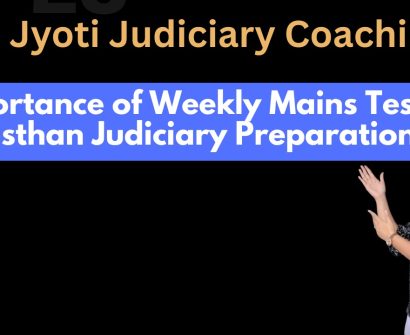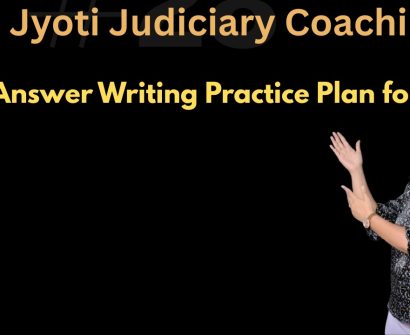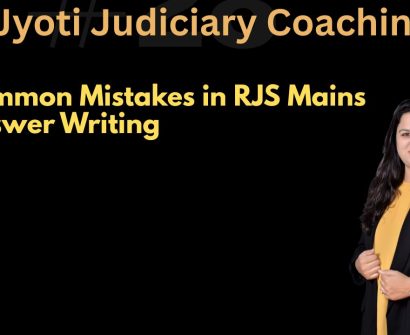
Introduction: Access to justice is a fundamental right enshrined in the Indian Constitution, ensuring that every citizen, regardless of their financial standing, has the opportunity to seek redress in a court of law. To facilitate this, the Code of Civil Procedure (CPC) contains provisions that allow indigent persons, those who cannot afford the costs associated with filing a civil suit, to access the legal system. In this article, we will explore the provisions governing suits by indigent persons under the CPC, emphasizing the importance of equal access to justice.
Understanding Suits by Indigent Persons:
The CPC acknowledges that many individuals may not have the financial means to initiate legal proceedings. To bridge this gap, it includes Order 33, which deals specifically with suits by indigent persons. This order outlines the procedure for filing suits by individuals who cannot pay the court fees and associated costs.
Eligibility Criteria:
To be eligible to file a suit as an indigent person under Order 33 of the CPC, one must meet the following criteria:
Inability to Pay: The petitioner must demonstrate that they are genuinely incapable of paying the court fees and other legal expenses required to file the suit.
No Maleficent Intent: The person filing the suit should not do so with the intent to deceive the court or the opposing party. The court will examine the bona fides of the claim.
Procedure for Suits by Indigent Persons:
The procedure for filing a suit as an indigent person involves the following steps:
Filing of Application: The indigent person must file an application, known as an “application for permission to sue as an indigent person,” before the court where the suit is proposed to be filed.
Contents of the Application: The application must include a detailed statement of the case, the grounds on which the person claims to be indigent, and an affidavit stating their inability to pay the court fees.
Examination of Application: The court will review the application and may grant or reject permission to sue as an indigent person based on the merits of the case and the petitioner’s financial condition.
Representation by Court: If the court grants permission, the indigent person will be allowed to file the suit without paying court fees. In such cases, the court may assign an advocate to represent the petitioner’s interests.
Decision on Costs: If the indigent person’s suit is successful, the court may direct the costs incurred during the litigation to be borne by the opposite party.
Conclusion:
Suits by indigent persons under the Code of Civil Procedure are a vital mechanism to ensure that justice remains accessible to all, regardless of their financial constraints. These provisions safeguard the rights of vulnerable individuals who may otherwise be denied access to the legal system. By granting permission to indigent persons to file suits without the burden of court fees, the CPC underscores the principles of equality and justice that are the cornerstones of our legal system. It is imperative that these provisions continue to be upheld to uphold the principles of justice and equality for all in our society.
If you want to be a judicial officer and are looking for RJS coaching in Jaipur, here, at Jyoti Judiciary we provide comprehensive study material to make your preparation solidified and top-notch. From preliminary mock tests to mains answer writing sessions every material required for clearing the exam is provided. We have separate legal current affairs classes, legal general knowledge, and current affairs classes all in one-time enrolment. Hurry up.









